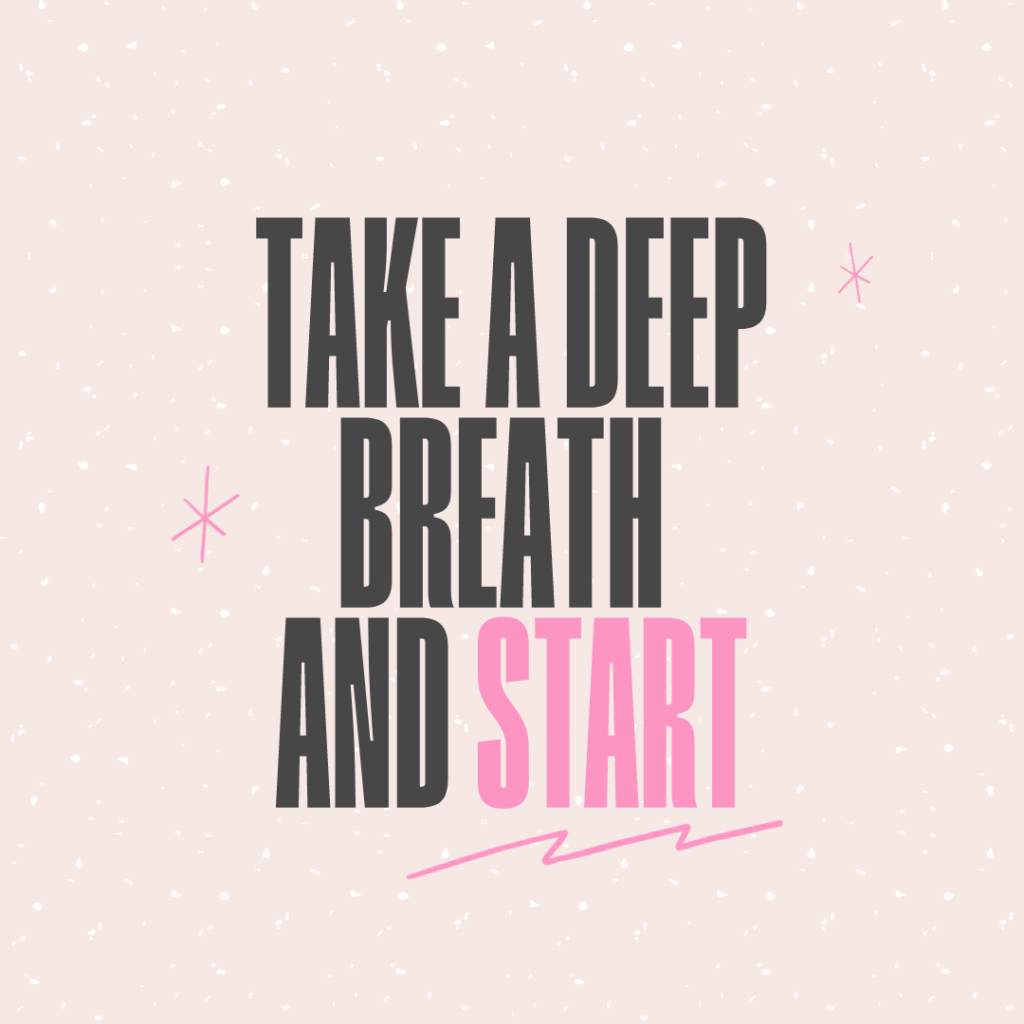If you or someone you care about is experiencing addiction issues, the expense of rehabilitation may be a significant concern. The cost of rehabilitation can vary significantly based on several factors, making it challenging to provide an exact estimate. In this article, I will discuss the various factors that impact the cost of rehabilitation in the UK and provide you with information to assist you in making an informed decision.
What Is Rehabilitation?
Rehabilitation refers to the process of helping individuals recover from physical, mental or substance abuse problems. It includes different therapies, treatments and support systems to assist individuals in regaining their independence and enhancing their quality of life. The best rehab UK programs typically provide a structured and supported environment in which individuals can develop skills and gain insight into their addiction in order to move towards a healthier lifestyle.
What Are The Different Types Of Rehabilitation?
When looking for help with addiction or other mental health problems, there are various options for rehabilitation available. Each type of rehabilitation has its own advantages and approach to recovery. In this section, I will examine the different types of rehabilitation and what makes them different. From conventional inpatient programs to luxurious and holistic choices, we will investigate the various treatment methods and the potential benefits they can offer to individuals seeking assistance.
1. Inpatient Rehabilitation
Inpatient rehabilitation involves staying at a treatment facility to receive intensive care and support for addiction or other conditions.
- Assessment: A thorough evaluation of the patient’s medical history and needs.
- Detoxification: The process of safely removing drugs or toxins from the body.
- Therapy: Individual and group therapy sessions to address underlying issues.
- Medical support: 24/7 medical staff to monitor and manage any health concerns.
- Structured schedule: Daily activities and routines to promote a healthy lifestyle.
- Aftercare planning: Transitioning to outpatient care and developing a relapse prevention plan.
2. Outpatient Rehabilitation
- Outpatient rehabilitation is a type of rehabilitation programme where individuals receive treatment while living at home.
- Steps involved in outpatient rehabilitation include:
- Scheduling appointments with healthcare professionals.
- Attending therapy sessions, such as physical therapy or counselling.
- Following a personalised treatment plan.
- Completing exercises or activities recommended by the healthcare team.
- Monitoring progress and adjusting the treatment plan as needed.
3. Luxury Rehabilitation
Luxury rehabilitation programs offer a high-end experience for individuals seeking comprehensive treatment for addiction or mental health issues.
- Exclusive Accommodations: Luxury rehab centres provide luxurious accommodations, including private rooms, spa-like amenities, and serene surroundings.
- Personalised Care: Clients receive personalised treatment plans tailored to their specific needs and goals.
- Holistic Approach: Luxury rehabs often offer a range of holistic therapies, such as yoga, meditation, and acupuncture, in addition to traditional therapy.
- Specialised Services: These programmes may offer specialised services like gourmet meals, personal trainers, and alternative therapies.
4. Holistic Rehabilitation
Holistic rehabilitation is an approach that focuses on treating the whole person, addressing their physical, mental, and emotional well-being. It involves integrating various therapeutic modalities and techniques to promote healing and recovery.
The key elements of holistic rehabilitation include:
- Comprehensive assessment of the individual’s needs and goals.
- Development of a personalised treatment plan.
- Implementation of evidence-based therapies such as counselling, mindfulness practices, and alternative therapies.
- Emphasis on lifestyle changes, including nutrition, exercise, and stress management.
- Providing a supportive and nurturing environment to foster healing and growth.
What Are The Factors That Affect Rehabilitation Costs In The UK?
The cost of rehabilitation in the UK can vary greatly depending on numerous factors. These factors can have a significant impact on the overall cost of treatment and the services that are included. In this section, we will delve into the specific factors that can affect rehabilitation costs in the UK. From the type of treatment facility and length of stay, to the location and type of treatment programme, we will explore how each element can contribute to the overall cost. Additionally, we will discuss the role of additional services and how they can impact the total cost of rehabilitation.
1. Type Of Treatment Facility
- Residential Rehabilitation: Offers 24/7 care in a facility, providing a structured environment for recovery.
- Outpatient Rehabilitation: Allows individuals to receive treatment while living at home, attending scheduled therapy sessions.
- Luxury Rehabilitation: Provides high-end amenities and personalised treatment plans for a more comfortable experience.
- Holistic Rehabilitation: Focuses on the mind, body, and spirit, incorporating alternative therapies like yoga and meditation.
2. Length Of Stay
When it comes to rehabilitation, the length of stay can vary depending on several factors.
- Assessment: The initial stage involves evaluating the individual’s needs and determining the appropriate duration of treatment.
- Treatment Plan: A personalised plan is developed, outlining the specific therapies and interventions required.
- Progress Evaluation: Regular assessments are conducted to monitor progress and make any necessary adjustments to the treatment plan.
- Completion Criteria: The length of stay is often determined by meeting specific goals or milestones set out in the treatment plan.
3. Location
The location of a rehabilitation facility can have an impact on the overall experience and effectiveness of the treatment. Consider the following factors when choosing a location for rehabilitation:
- Proximity: Choose a facility that is conveniently located to reduce travel time and make it easier for family and friends to visit.
- Environment: Look for a location that offers a peaceful and serene environment, away from triggers and distractions.
- Climate: Consider the climate that suits your needs, whether it’s a warm and sunny location or a cooler and more temperate one.
- Accessibility: Ensure that the facility is easily accessible and has adequate transportation options for you and your loved ones.
In conclusion, selecting the right location for rehabilitation can contribute to a positive and successful recovery journey.
4. Type Of Treatment Programme
- Detoxification: The first step in a treatment program, where the body is freed from drugs or alcohol.
- Therapy: Involves individual and group therapy sessions to address underlying issues and develop coping strategies.
- Medication: Depending on the type of addiction, medications may be used to manage withdrawal symptoms or cravings.
- Education: Providing information about addiction and teaching skills to maintain sobriety.
- Aftercare: Continued support and resources to prevent relapse after completing the treatment program.
Choosing the right treatment programme is crucial for successful recovery from addiction. Consider factors such as the level of care, therapeutic approaches, and the individual’s specific needs.
5. Additional Services
- Counselling services to address underlying emotional or psychological issues.
- Physiotherapy to aid in recovery and improve mobility.
- Nutritional guidance to support overall health and well-being.
- Alternative therapies such as yoga or acupuncture for holistic healing.
- Aftercare support to ensure a smooth transition back into daily life.
Did you know? Additional services in rehabilitation programmes can greatly enhance the success of recovery and provide comprehensive care for individuals seeking treatment.
What Is The Average Cost Of Rehabilitation In The UK?
The typical cost of rehabilitation in the United Kingdom can vary based on factors such as the kind of treatment, length, and whereabouts. For private residential rehabilitation, prices may range from £1,000 to £5,000 per week, whereas outpatient services can cost between £500 and £2,000 per week. It is crucial to consult with treatment centres for accurate and current pricing information.
Are There Any Free Rehabilitation Options In The UK?
Yes, there are free rehabilitation options available in the UK. The National Health Service (NHS) offers free treatment for drug and alcohol addiction through their local drug and alcohol services. Charities and organisations like Alcoholics Anonymous and Narcotics Anonymous also provide free support and meetings. Consider reaching out to these resources for assistance.
How Can Someone Pay For Rehabilitation In The UK?
Finding the right way to pay for rehabilitation can be a daunting task for those seeking treatment in the UK. In this section, we will discuss the various options available for covering the cost of rehabilitation. From utilising private health insurance to self-payment and government funding, I will explore the pros and cons of each method and provide valuable information to help individuals make an informed decision about their path to recovery.
1. Private Health Insurance
Private health insurance can be a helpful way to cover the costs of rehabilitation in the UK. To make the process easier, follow these steps:
- Research and compare different private health insurance providers.
- Choose a plan that includes coverage for rehabilitation services.
- Review the policy details, including any limitations or restrictions.
- Contact the insurance provider to confirm coverage for the specific rehabilitation facility or program.
- Submit any required documentation or authorization forms.
Remember to verify the coverage details and any out-of-pocket costs before starting rehabilitation. It’s always wise to consult with a healthcare professional or insurance advisor to ensure you make the best decision for your needs.
2. Self-Payment
Self-payment is a common option for financing rehabilitation in the UK. Here are some steps to consider:
- Assess your financial situation and determine how much you can afford to pay.
- Research different rehabilitation centres and their pricing structures.
- Contact the chosen centre to inquire about payment plans or discounts.
- Consider using savings, loans, or credit cards to cover the costs.
- Explore crowdfunding or fundraising options if needed.
Remember to prioritise your recovery and seek support from friends, family, or organisations for additional assistance.
3. Government Funding
- Government funding for rehabilitation in the UK is available to individuals who meet certain criteria.
- To access government funding, follow these steps:
- Contact your local council to inquire about available funding programs.
- Provide necessary documentation, such as proof of income and residency.
- Complete any required assessments or evaluations.
- Wait for a decision on your funding application.
- If approved, work with the council to select a suitable rehabilitation program.
What Are The Benefits Of Going To Rehabilitation In The UK?
Entering rehab in the UK offers many advantages, including expert medical care, customized treatment plans, access to support networks, and a structured environment for recovery. Furthermore, rehab in the UK offers various therapies, such as cognitive-behavioural therapy and group counselling, to tackle the root causes of addiction and encourage long-term sobriety.
What Is The Success Rate Of Rehabilitation In The UK?
The success rate of rehabilitation in the UK varies depending on several factors such as the type of addiction, the treatment programme, and the individual’s commitment. However, on average, the success rate ranges from 40% to 60%. It is important to note that success is not solely defined by complete sobriety, but also by an improved quality of life and sustained recovery. If you or someone you know is seeking rehabilitation, it is advisable to consult professionals and explore different options to increase the chances of success.





